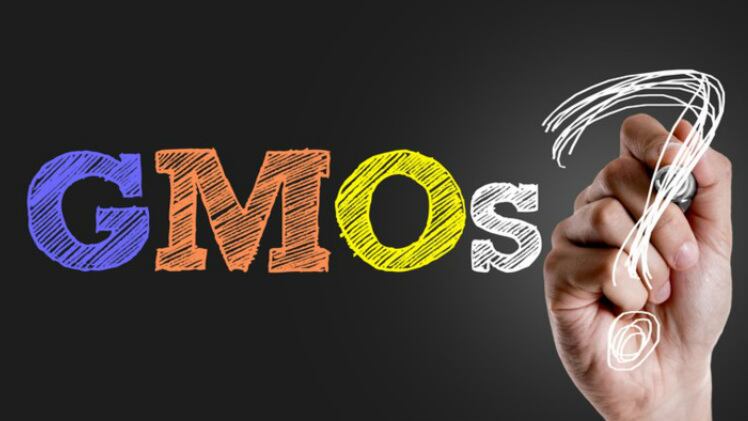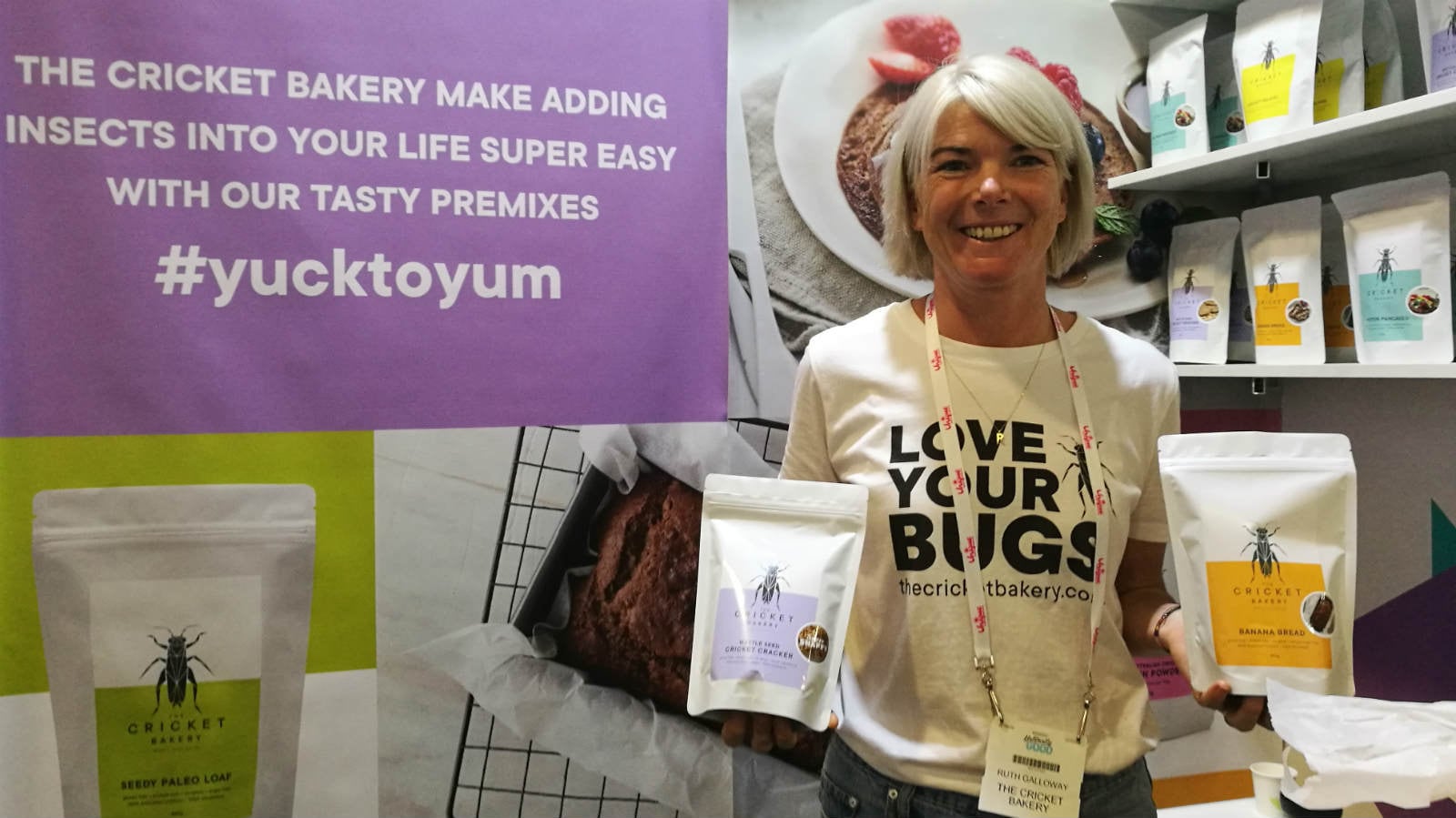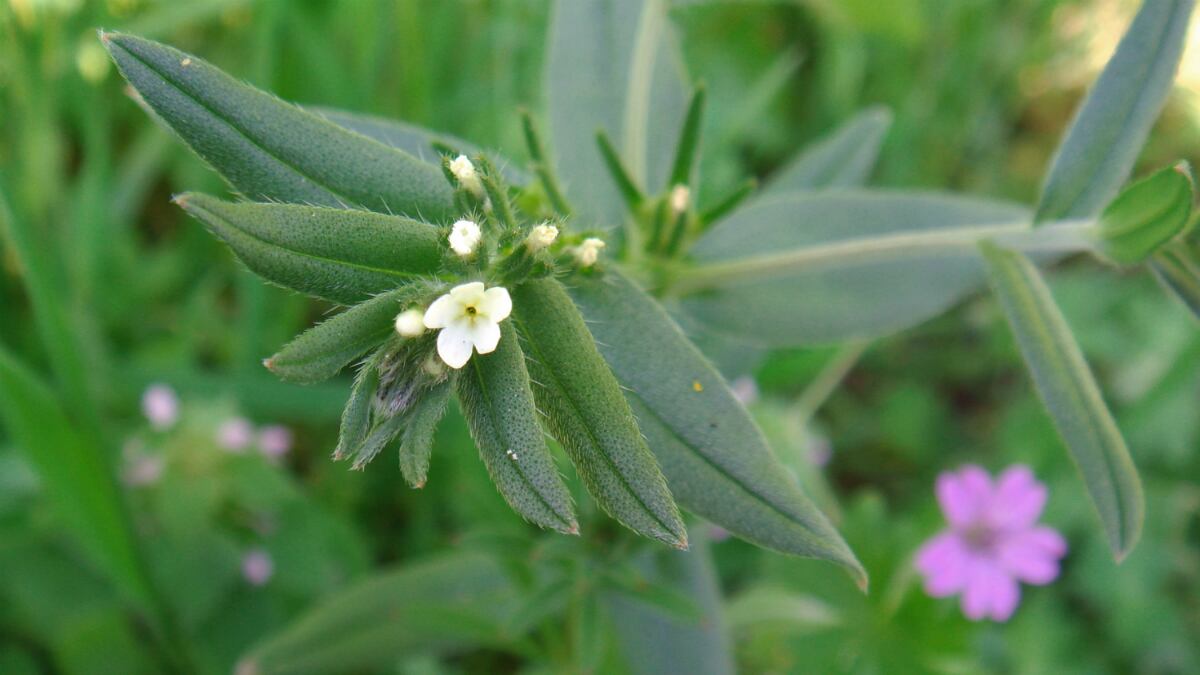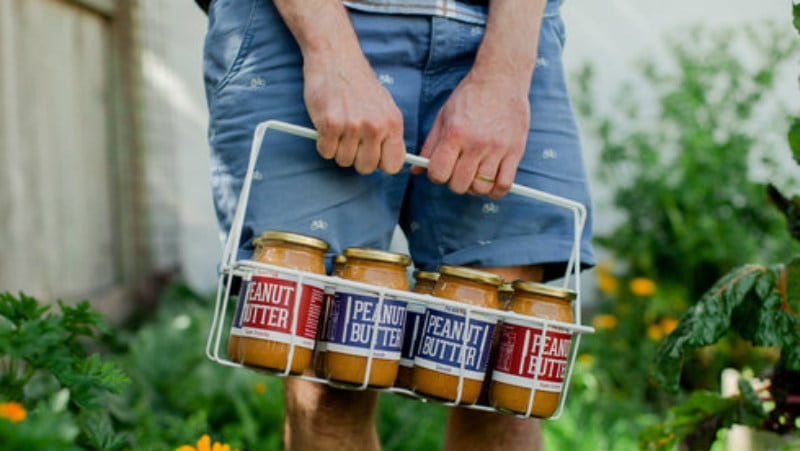The regulations draft was submitted to the World Trade Organisation (WTO) by the Thai Food and Drug Administration (FDA) across two separate notifications, declaring that if passed, these regulations would affect all of regions and countries that partake in trade activities with Thailand.
In both notifications, the Thai FDA said that this measure was being put into place ‘in order to ensure the high level of protection of human health and consumer's concerns while providing fair marketing’.
“Prescribed foods containing or produced from GMOs (Genetically Modified Foods or GMFs) have not undergone food safety assessment yet which are prohibited to be produced, imported or sold in the country,” said the Thai FDA via official documentation.
“New GMFs other than those [listed] in Annex I must also be evaluated by risk [assessment] agencies recognized by FDA in Thailand.”
Annex I here refers to the section within the actual regulations draft that lists down all genetically modified plants that have passed food safety assessments in Thailand till date.
According to the notifications, GMFs comprising genetically modified plants which are not included in Annex I and are already on the market before the enforcement of this notification will need to submit product data within five years from the date of enforcement.
Further data and Information that is required for the assessment of other GMOs for food use or food are provided in Annex II (plants not yet assessed), Annex III (genetically modified microorganisms), and Annex VI (Genetically Modified Animals).
“[Furthermore], products consisting of or containing genetically modified microorganisms which are capable of multiplication or of transferring genes (e.g. live starter cultures) are prohibited for use as food,” added the Thai FDA.
Another important new proposed regulation included in the draft is that of labelling, where GMFs would now have to be labelled with ‘messages showing prohibition, advising precaution before consumption or any other similar message’.
Comments can be submitted to the Thai government via the National Bureau of Agricultural Commodity and Food Standards (ACFS) until September 3 2019.
Thailand and biotechnology regulations
According to Kasetsart Univesity Department of Agricultural and Research Economics Assistant Professor Orachos Napasintuwong, Thailand was one of the earliest countries to embrace biotechnology to genetically modify foods, but remains one of the slowest in terms of implementing biosafety legislation and opening the market to GMFs.
“Thailand was was one of the first countries in the region to develop biotechnology industries, [such as with] the establishment of the National Center for Genetic Engineering and Biotechnology (BIOTEC) in 1983, [and] and the first field trials of GM [Flavr Savr] tomato in 1994,” she wrote on the Food and Fertilizer Technology for APAC site.
“Nevertheless, at present, Thailand still has not approved any commercialization of GM crops for cultivation, and all open field trials of GM crops were banned after 2001.”
She added that this progress was slower than that of other countries in the ASEAN region, such as the Philippines, which was the first to approve the GM crop commercialisation in 2002 for maize, Myanmar for cotton in 2006 and Vietnam for maize in 2015.





